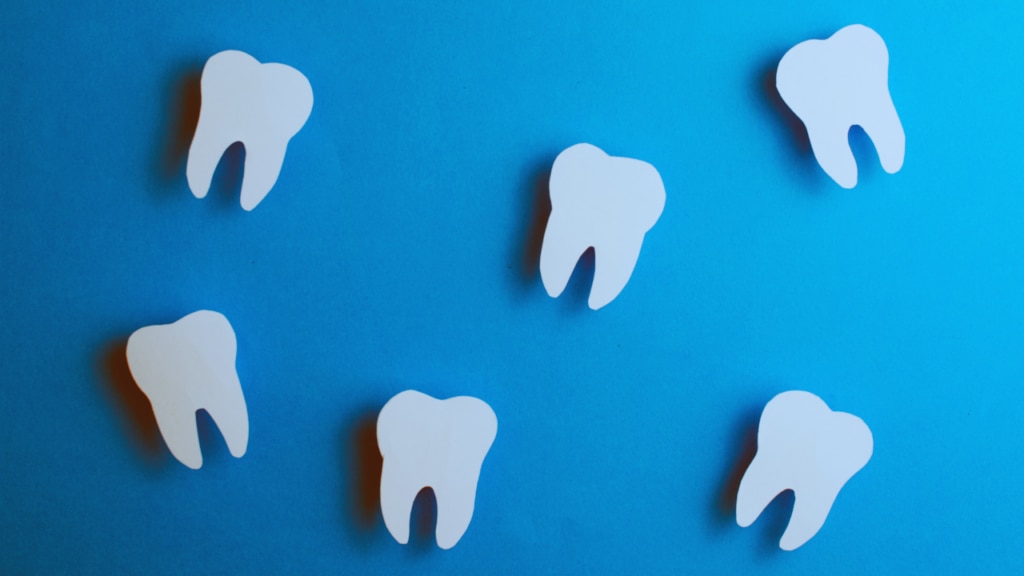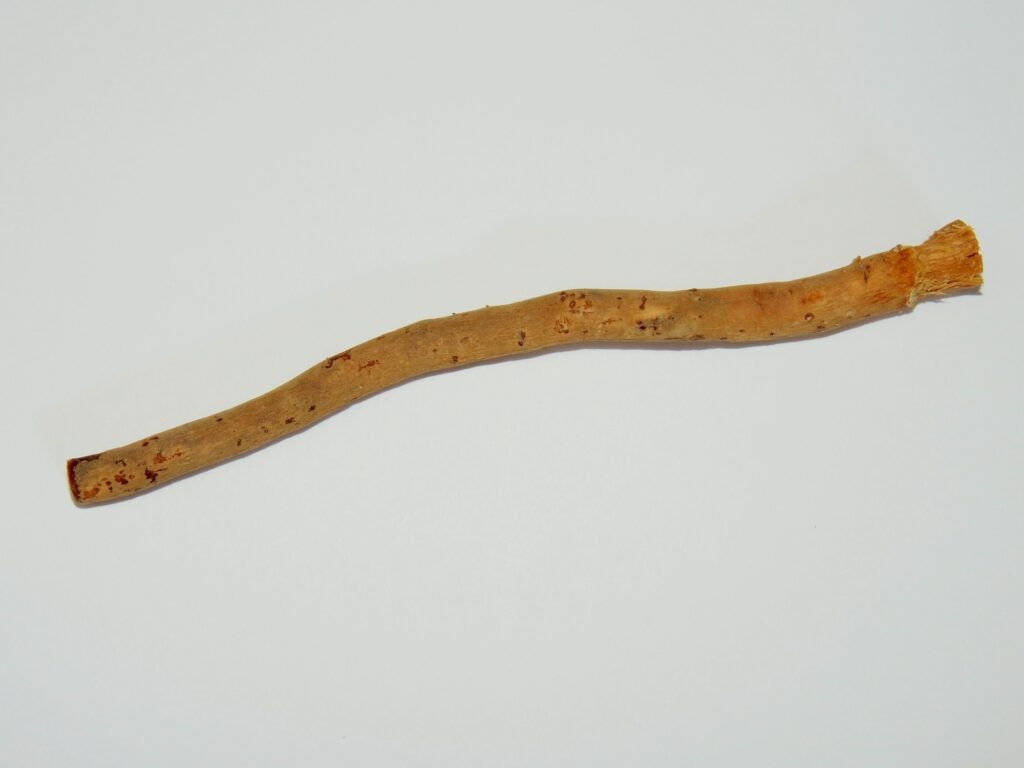Zafir Ahmad, Ahmadiyya Archive & Research Centre

Modern medicine increasingly shows that the health of our mouth has far-reaching effects on the entire body. New research indicates that the bacteria, viruses and fungi in our mouth could help us live long and healthy lives. Interestingly, these scientific findings have parallels in Islamic teachings and practices, which have considered oral care an essential part of personal hygiene for centuries.
Approximately 700 different bacterial species live in our mouth, but only the right mixture benefits our health. Neglected dental hygiene can lead to harmful microbes proliferating and spreading throughout the body. Modern studies show alarming connections: people with gum disease have an increased risk of cancer and twice as many strokes as people with healthy gums.
The connection between oral health and serious illnesses is now well documented. Researchers have discovered that certain oral bacteria, for example Porphyromonas gingivalis, appear in the brains of people who died with Alzheimer’s disease. These bacteria produce substances that are found in the hippocampus – a part of the brain that helps with memory. In mice, they tested what happens when teeth become diseased. They observed that the brain developed more inflammation, damaged cells and beta-amyloid plaques – these are typical characteristics of Alzheimer’s.
Oral bacteria can also cause problems with the heart. They sometimes travel into the blood vessels and build a type of protective layer, which is like a thin blanket. This blanket keeps medications and the body’s defences at bay. The bacteria then cause trouble by initiating inflammation. This inflammation causes bad cholesterol to deposit on the walls of blood vessels. This can make vessels hard and narrow, which is called “atherosclerosis”.
Islamic tradition of oral care

What modern science is only now discovering has been anchored in Islamic tradition for centuries. Prophet Muhammadsa emphasised the importance of oral care through regular use of the miswak, a natural tooth-cleaning stick made from twigs. Numerous traditions recommend the regular use of the miswak, especially before prayer.
Prophet Muhammadsa said: “If it were not too burdensome for my community – or for the people – I would have commanded them to use the miswak before every prayer.” (Sahih al-Bukhari, Kitab al-jumu’a, Bab as-siwaak yawm al-jumu‘a, Hadith 887) This statement highlights the significance given to oral care in Islam.
Current scientific studies have shown that the miswak actually possesses antibacterial properties. It contains natural substances such as tannins and flavonoids that work against bacteria causing dental plaque. Some studies suggest that the miswak could be even more effective against certain oral bacteria than conventional toothbrushes.
In Islam, purity (tahara) is considered a fundamental aspect of faith. The ablution before prayer (wudu) also includes rinsing the mouth three times. This regular practice, performed several times daily, can help reduce the number of harmful bacteria in the mouth.
The Islamic tradition also contains recommendations for nutrition that can positively impact oral health. The moderate consumption of sweets and the emphasis on natural, unprocessed foods align with modern dental advice.
Current research on oral health confirms in remarkable ways what has long been practised in Islamic tradition. While scientists like Eric Reynolds at the University of Melbourne are working on vaccines against gum disease, we can simultaneously learn from traditional practices.
Research by Laura Weyrich from Pennsylvania State University shows that the oral microbiome of our ancestors drastically deteriorated after the transition from a hunter-gatherer society to an agricultural lifestyle about 8,000 years ago. With the increasing intake of carbohydrates, the composition of the oral flora changed in favour of bacteria causing caries.
These findings align with the Islamic recommendation for moderation in eating and avoiding excess. Prophet Muhammadsa said:
“When the stomach is healthy, the veins transmit health, and when the stomach is ill, the veins transmit illness”, which emphasises the importance of a balanced diet. (Mishkat al-Masabih, Kitab at-tibb wa ar-ruqa, Al-fasl ath-thalith, Hadith 4566)
Regular tooth brushing with fluoride toothpaste, the use of dental floss and interdental brushes may not exactly match traditional methods, but they fulfil the same purpose. The use of the miswak can be considered a complementary measure that offers both religious and health benefits. Some toothpastes today even contain extracts from the miswak tree, symbolising the convergence of tradition and modern science.
The scientific findings on the importance of oral health impressively confirm the wisdom of Islamic hygiene practices. While modern medicine is only now deciphering the complex relationships between oral microbiome and systemic diseases, Islamic tradition recognised the importance of oral care 1,400 years ago.
In a time when many people delay visiting the dentist for as long as possible, we can gain valuable lessons for better oral health from both scientific findings and religious Islamic teachings. The Islamic emphasis on responsibility for one’s own body and regular oral care as part of ritual purity perfectly complement the medical recommendations for a healthy oral microbiome.

